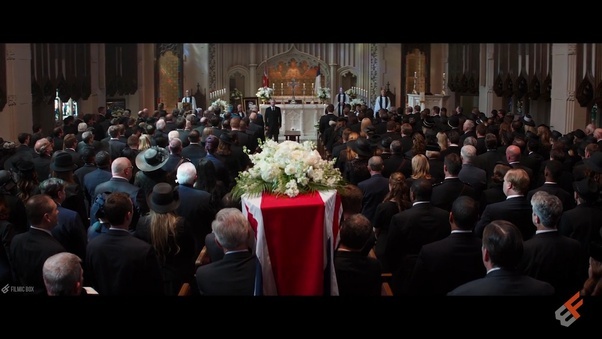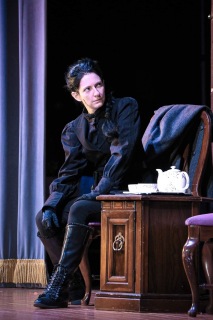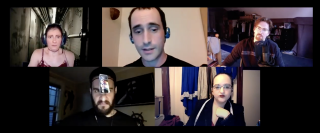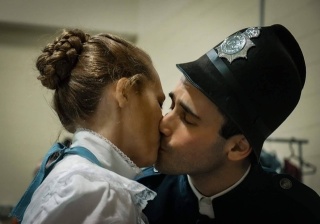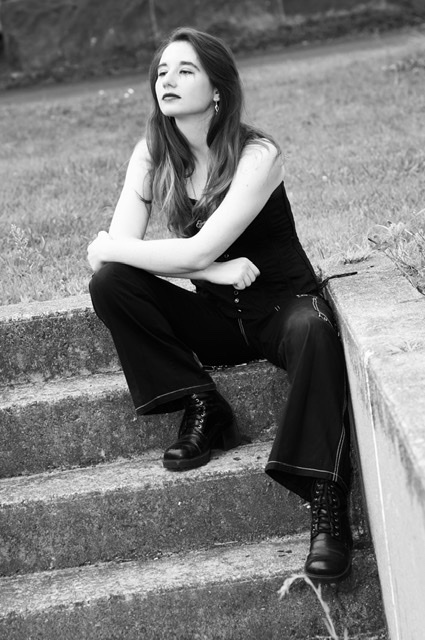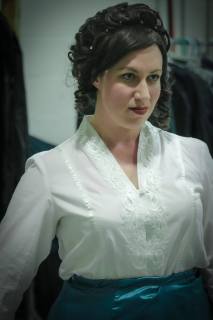Long live my second Hawking script
Jan. 26th, 2022 07:50 pm
Took a look at the script for Vivat Regina, Mrs. Hawking part 2, today. I’m still kind of emotionally (and otherwise) recovering from the cancellation of our Gentlemen Never Tell performance, but it’s my nature to look ahead, to try and keep up momentum. So I can’t help but start to imagine what’s next from here. Though we are likely to be able to reschedule GNT for a filming weekend if nothing else, I also know that we’ll be eventually moving on to part 2 of the main Mrs. Hawking series.
I hadn’t looked at the VR script in quite a long time, so I was a bit apprehensive. The part 1 script was VERY much below the quality of what we’re currently capable of doing, and required a fairly serious reworking in order to make it up to snuff. But I was pleasantly surprised to find that VR mostly holds up. Of course, its initial drafting was not quite as early in our development as MH was— I can’t exactly remember the gap, but there was at least a couple years. I found it wasn’t quite as bloated with unnecessary verbiage the way MH was, nor quite as obvious and surface-level with all its ideas. While I will definitely want to re-edit it before trying to film the permanent version, I was happy to see I didn’t cringe nearly as much as I was afraid I would.
Still, I will admit, it does strike me as less sophisticated than our later installments. Vivat still mostly only focuses on one plotline, with only a few other, closely related threads woven into it, as opposed to our more current stories that are significantly more layered. That also extends to the presence of ideas and themes, which the second trilogy does a more deft job with them, exploring them in a more complex way, and imbuing them into the interactions without necessarily being obvious about it. The really clever tricks we include later— the subtle groundwork of part 4 setting up Malaika Shah and Elizabeth Frost, the complex web of interrelated narrative threads in part 5, the deceptive Chekov’s gun for the climax and the multi-leveled conversations of part 5 —really are not equaled in parts 1 and 2. I haven’t looked at part 3 in a while either, though in my memory 3 is where we really grow the beard.
I think that’s okay, that the stories start simpler and grow more complex as the audience’s investment builds and they get to know the characters better. I’m happy that I don’t feel like VR has to be rebuilt from the ground up. But I definitely do want to polish it up, so that it feels like a proper lead-up to the later stories, a true step in the path to the really special work we do later. And of course it needs to be compelling for its own sake. At least it should be easier than it was with part 1.
